With the growing availability and popularity of cannabis products, many people ask, “Does CBD oil have THC in it?”
They’re worried about getting the medical benefits that CBD offers without experiencing the psychoactive effects that have given marijuana its bad reputation for so many years.
In this article, the all-things-cannabis experts at budcargo.ca tell you everything you need to know about CBD, THC, and CBD oil.
To get a full understanding of what’s going on in your little vial of CBD oil, we have to start at the very beginning: cannabinoids.
What Are Cannabinoids?
The first step in answering the question, “Does CBD oil have THC in it?” involves answering another question: “What are cannabinoids?”
Put simply, cannabinoids are chemicals.
More specifically, cannabinoids are chemical compounds that act on the cannabinoid receptors in your brain (CB1 and CB2).
There are three distinct classes of cannabinoids:
- Phytocannabinoids (found in plants)
- Endocannabinoids (found naturally in your body)
- Synthetic cannabinoids (manufactured in a lab)
Whether made by plants or by your own body (bet you didn’t know your body did that), cannabinoids are the things that make marijuana the wonder drug that it is.
As we’ll see in the next two sections, cannabinoids are the stuff that gets you high, relieves your pain, and takes the edge off conditions like anxiety and ADHD.
We’ll focus on the phytocannabinoids found in the marijuana plant since that’s what you’re getting when you take CBD oil.
What Is THC?
THC is the abbreviated form of the chemical name Delta-9-tetrahydrocannabinol. Thank goodness everyone just calls it THC, right!
Because of its groovy psychedelic effects, THC is the phytocannabinoid that has made marijuana famous (or infamous, depending on how you look at it).
It’s the chief psychoactive ingredient and is responsible for marijuana’s ability to alter your perception, mood, and consciousness.
Even if you’ve never smoked, eaten, imbibed, or otherwise consumed a cannabis product, you’re probably familiar with the high associated with the wacky weed thanks to its portrayal in movies and TV.
In addition to its psychoactive properties, THC also:
- Relieves pain
- Stimulates appetite
- Reduces nausea
- Suppresses muscle spasms
But if you’re looking for medical benefits without the trippy side effects, CBD is the way to go.
What Is CBD?
CBD is the abbreviation for the word cannabidiol — one of the 113 phytocannabinoids we mentioned in the first section.
THC usually gets the bulk of the attention, but, as marijuana use continues to break into the mainstream, both scientists and the general public have come to see the benefits of CBD and the many other cannabinoids, such as:
- CBG
- CBN
- CBC
- CBL
- THCA
- CBGA
- CBDA
- CBCA
- THCV
- CBDV
Cannabinoids can do a lot of good when isolated by themselves (as we’ll show with CBD oil), but they can also do wonderful things when taken in various combinations.
This is because of a unique characteristic of the cannabis plant known as the entourage effect.
The entourage effect is the interaction of cannabis compounds (like THC, CBD, terpenes, and trichomes) to produce an effect that is impossible with those compounds by themselves.
There’s plenty of validity in advocating whole-plant cannabis consumption. But for now, we’ll stick with CBD specifically so we can show you how awesome it is in CBD oil.
What Is CBD Oil?
CBD oil is an extract (or concentrate) of the marijuana plant.
Extracts are usually produced through a process called CO2 extraction, but other methods of extraction include:
- Ice water extraction
- Butane extraction
- Alcohol extraction
- Ethanol extraction
Regardless of which method you choose, the end result is the same: the solvent (e.g., CO2, butane, alcohol) strips all the chemical compounds off the cannabis plant and holds them in solution.
At the end of the process, the solvent is forced to evaporate, leaving behind an oily substance that is chocked full of marijuana goodness.
The extraction process can be performed on any cannabis strain (indica, sativa, ruderalis), but when a high-CBD variety is used, the result is CBD oil.
Does CBD Oil Have THC In It?
Now that we’ve discussed cannabinoids, THC, CBD, and CBD oil, we can answer the question on everyone’s mind: “Does CBD oil have THC in it?”
The straight answer is no, CBD oil does not have THC in it.
The lack of THC is a result of making the oil with a high CBD/low THC strain of cannabis so as to maximize CBD count while minimizing (or completely eliminating) THC count.
Always check the label to be sure, but it’s a safe bet that anything touted as CBD oil and intended for medical purposes will have extremely low levels of THC (less than 1 percent).
That leads us to the next-most-common question after, “Does CBD have THC in it?”
Will CBD Oil Get You High?
No, CBD oil will not get you high. As we discussed in the previous section, CBD oil doesn’t contain THC.
And because CBD oil doesn’t contain THC, it is a non-psychoactive substance, meaning that it won’t change your perception.
In fact, CBD is the chemical compound that keeps you from getting too high when you consume whole-plant marijuana (through a joint or a bong, for example).
It does this by plugging itself into the cannabinoid receptors in your brain that THC would normally turn on. When CBD is there, the receptors stay off and the trip is, well, less trippy.
Without the presence of CBD, THC would dock with every single one of the cannabinoid receptors in your brain and turn them all on at 100 percent, creating a very powerful psychoactive high that could result in a bad trip.
Even if you isolate the CBD into a concentrated form (like CBD oil), it won’t affect you in the way THC does.
Instead, it will give you all the medical benefits we’ll talk about in the next section without the associated high that marijuana is best known for.
That’s great news for people looking to treat various mental and physical conditions without having to take time out of their day to wait for the THC high to wear off.
What Are The Health Benefits Of CBD Oil?
Hold onto your hats! Have we got a list for you.
The CBD in CBD oil can:
- Fight cancer cells
- Reduce artery blockage
- Make it easier to sleep
- Suppress muscle spasms
- Prevent nervous-system degeneration
- Reduce inflammation
- Reduce blood sugar levels
- Decrease pain
- Reduce nausea and vomiting
And that’s just the tip of the CBD/CBD oil iceberg! Because CBD has a wide variety of significant beneficial effects, it can treat a wide variety of common physical and mental disorders, including:
- Acne
- AIDS
- ALS
- Anorexia
- Atherosclerosis
- Arthritis
- Autism
- Back pain
- Bipolar disorder
- Cancer
- Endocrine disorders
- Fibromyalgia
- Glaucoma
- Multiple sclerosis (MS)
- OCD
- Parkinson’s disease
- PTSD
- Stroke
And a whole lot more. It really is a wonder drug for the new millennium.
How Do You Take CBD Oil?
You can take CBD oil several different ways. One of the most common ways is to apply a few drops under your tongue (sublingual) and let it absorb into your bloodstream from there.
This is probably the simplest and most discreet method of getting a dose of CBD oil into your system. All that it requires is a small dropper bottle and a few seconds to administer the drops.
Another simple way to take CBD oil — especially for skin issues and muscle pain — is to rub it directly onto the problem areas.
Obviously, rubbing CBD oil on your skin won’t help with most internal physical and mental issues, but it can be an effective way to target problems like chronic muscle pain.
If sublingual and topical administration aren’t your thing, you could try cooking with the CBD oil instead.
CBD oil is very similar to other edible oils (e.g., olive oil, coconut oil, vegetable oil). You can substitute CBD oil for edible oils in pretty much any recipe you’ve got.
And when you’re thinking about starting a course of CBD oil for back pain, be sure to talk to your doctor and a local budtender. Both of those individuals can give you valuable information on how to find the right dosage for what ails you.
Does CBD Oil Have THC: No Need To Worry
Because there’s little to no THC in CBD oil, there’s no need to worry about getting high or experiencing reality-altering symptoms.
It’s important to remember that CBD oil isn’t a recreational product. As we discussed, it’s not going to get you high because it lacks THC in its chemical makeup.
So if you don’t suffer from anxiety, nausea, insomnia, or any of the other disorders mentioned above, you may not feel anything at all when you take CBD oil.
Even without the risk of getting high, we suggest starting with a small dose to see how you feel after taking it. You can always increase the dosage once you know exactly what it does to your symptoms.
For more information on all things cannabis and to check out our 100-percent all-natural marijuana products, visit budcargo.ca today.
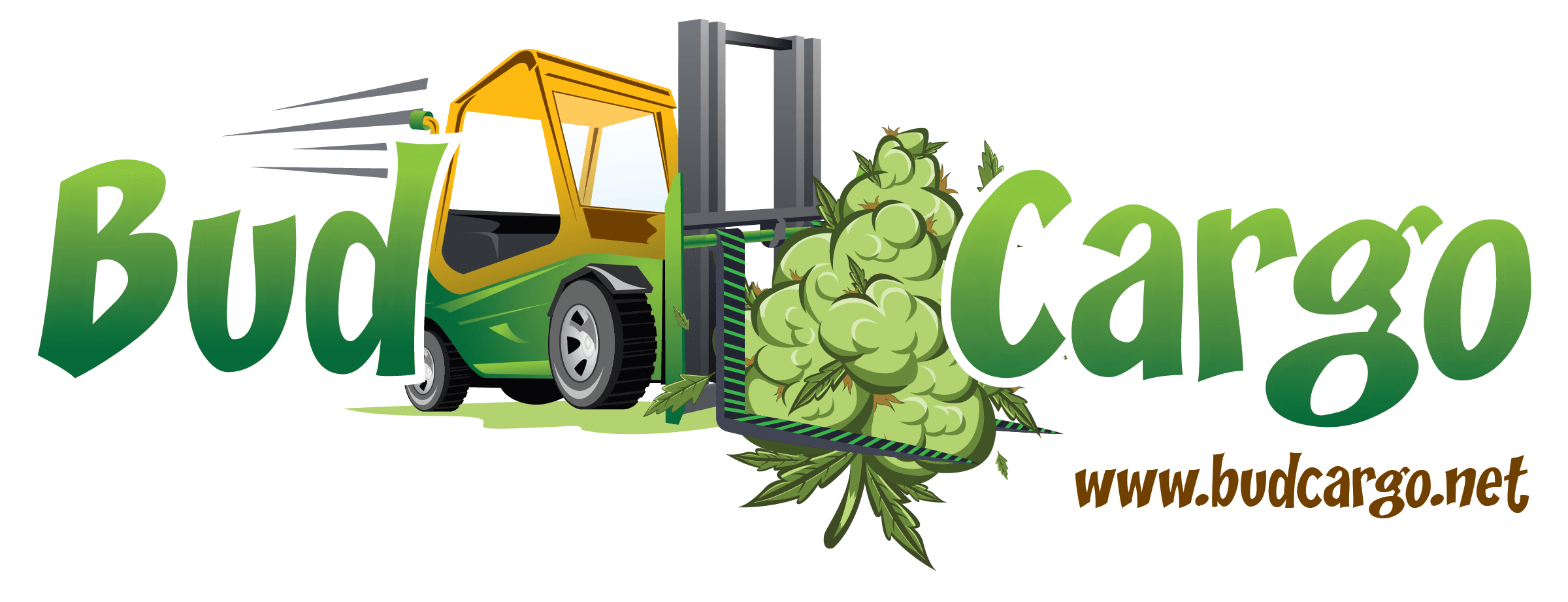
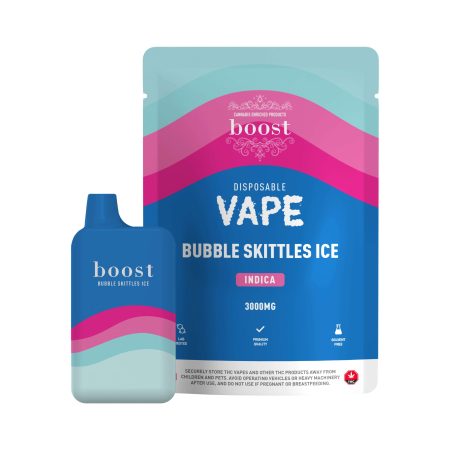
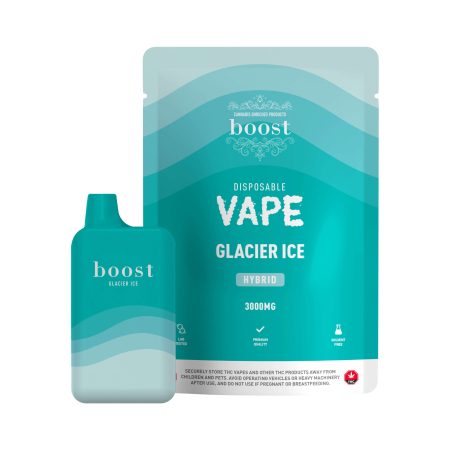
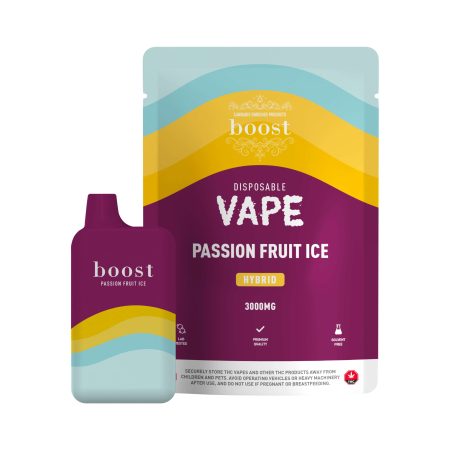
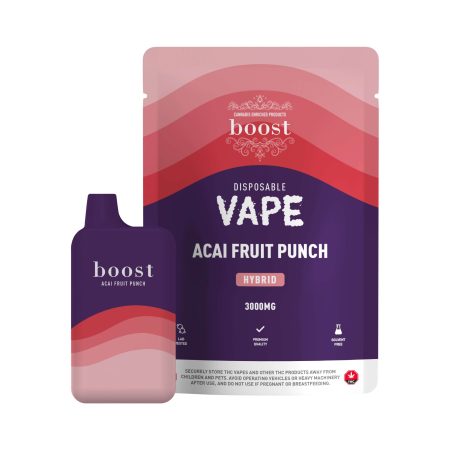
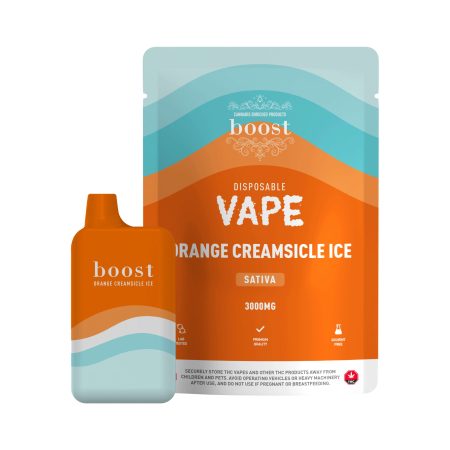
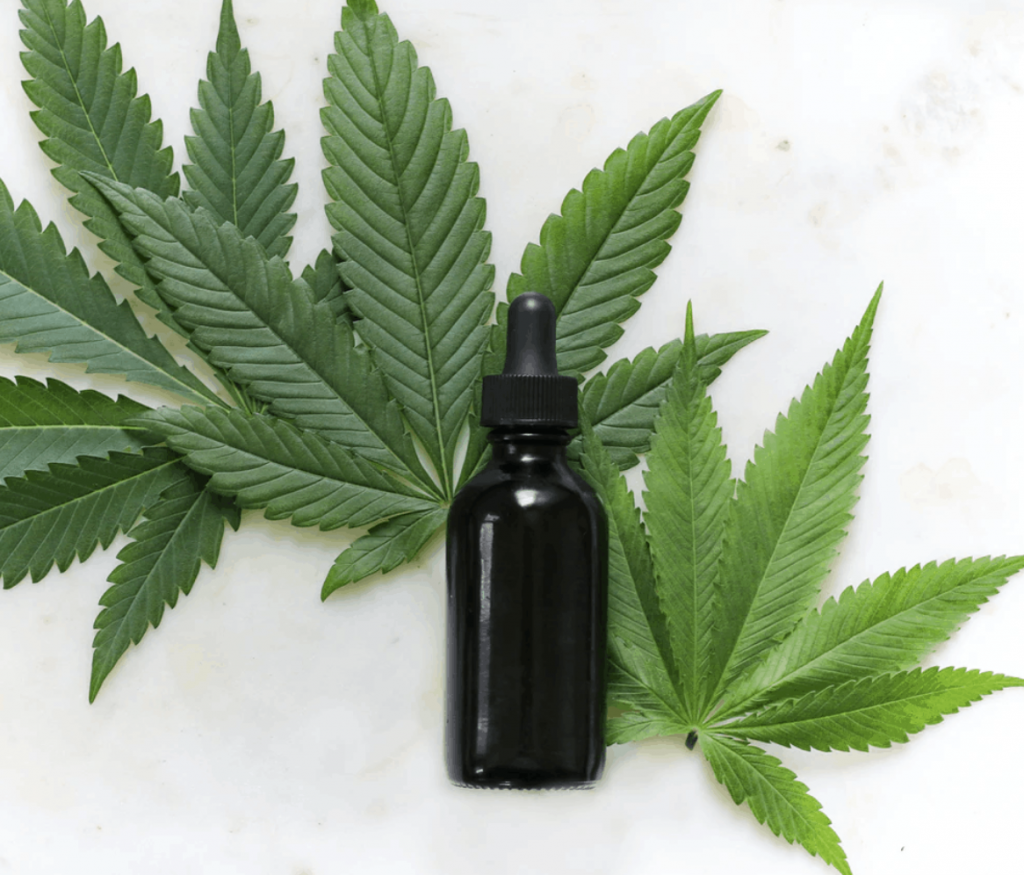









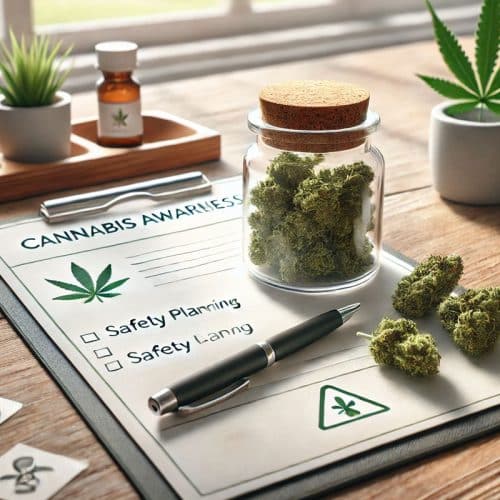
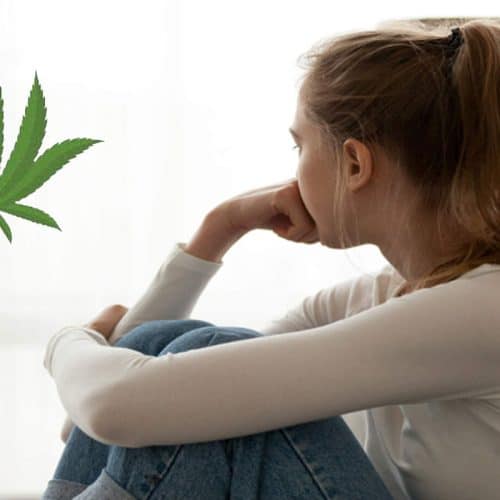
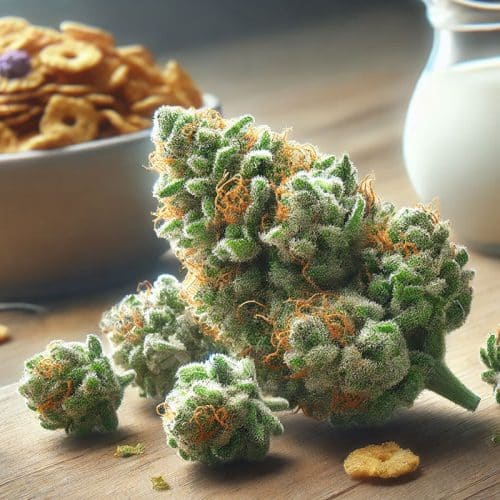
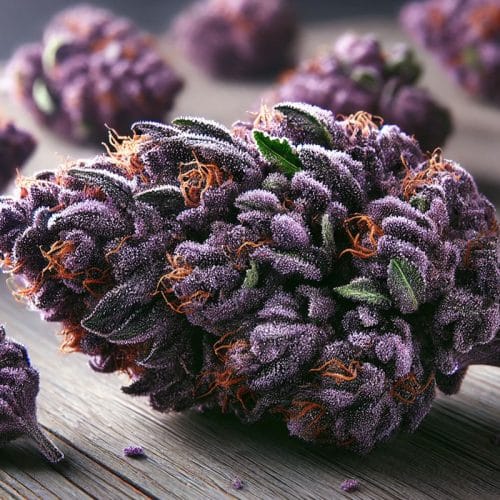
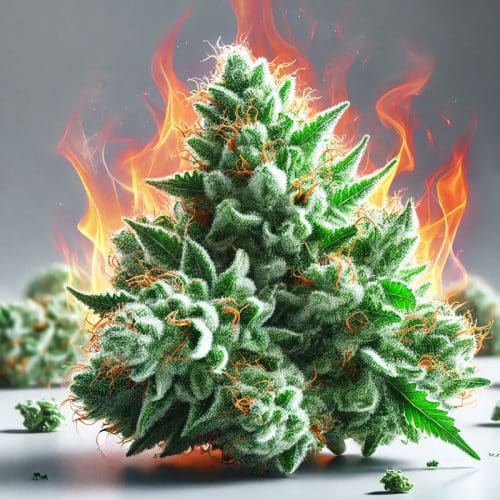




You must be logged in to post a comment.